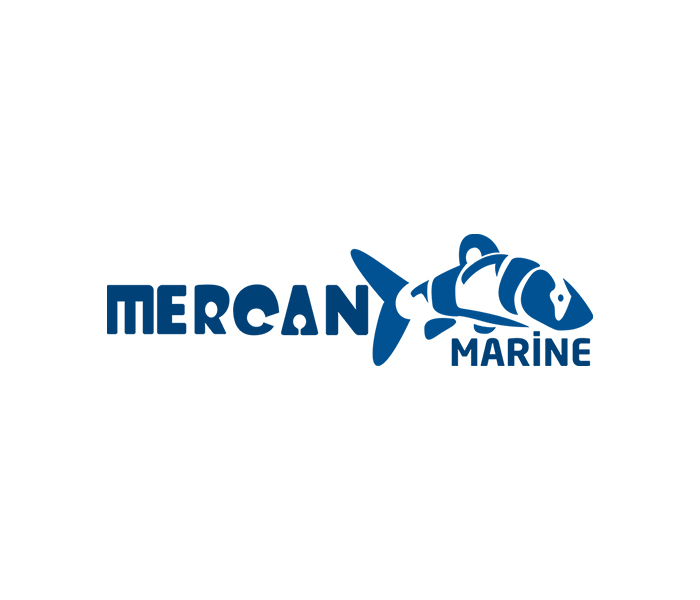Sustainability
Sustainability

Trout and Turkish Salmon farming should be managed based on the principle of sustainability, both economically and environmentally. Sustainable production aims to effectively use and protect existing resources to meet the needs of future generations. Here are some key sustainability considerations for trout and Turkish salmon farming:
Conservation of Natural Resources: Fish producers must contribute to the conservation of natural resources. Protecting nature and natural resources and restoring their habitats supports the sustainability of fish farming.
Zero Waste Management: Fish producers should work with the goal of zero waste in their production processes. Waste management programs can help reduce water pollution and protect the environment.
Energy Efficiency: Energy efficiency is important in fish production facilities. Transitioning to more sustainable energy sources and energy saving practices can reduce environmental impact.
Fishing Methods: Sustainable fishing methods aim to reduce by-product waste and protect target species. Selective hunting and appropriate design of networks are important in this regard.
Social Responsibility: Fish producers should cooperate with local communities and contribute to social responsibility projects. Respect for workers' rights, local employment and contribution to the welfare of society are important.
Certification and Labeling: Fish producers can reassure consumers by promoting their products with sustainability certifications and labels. This can help meet consumer preferences.
Sustainable fish production is important to meet the food needs of future generations. Therefore, fish producers must ensure the sustainability of the sector by fulfilling their environmental and social responsibilities. These efforts will contribute to the protection of our natural resources and the long-term use of aquatic products.
Under all these headings, we work for world-class, quality and sustainable production.

